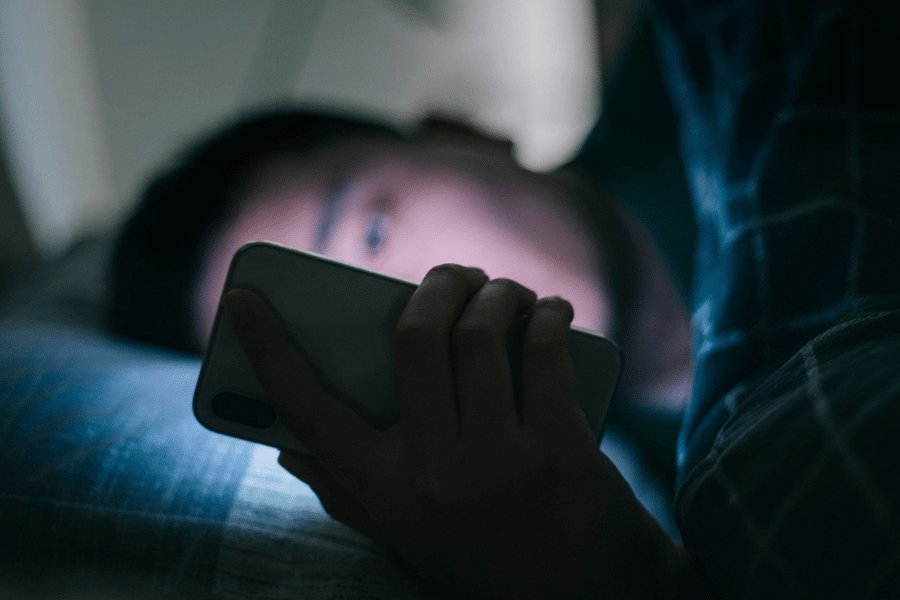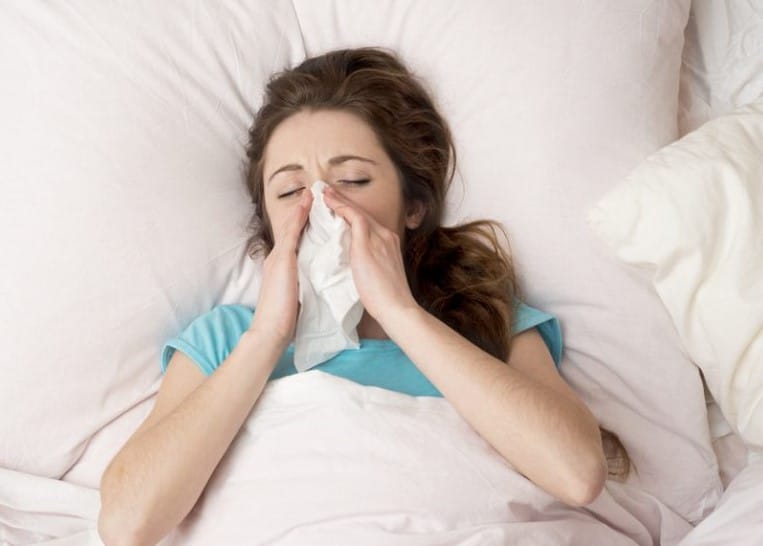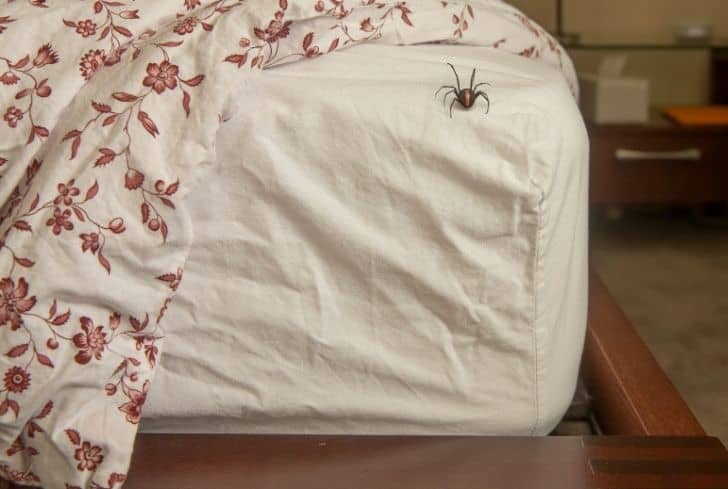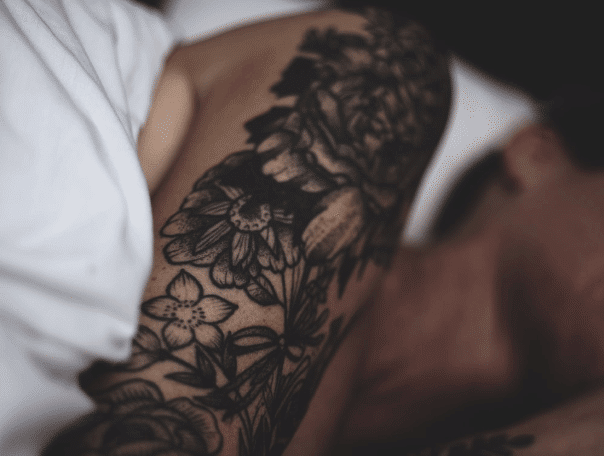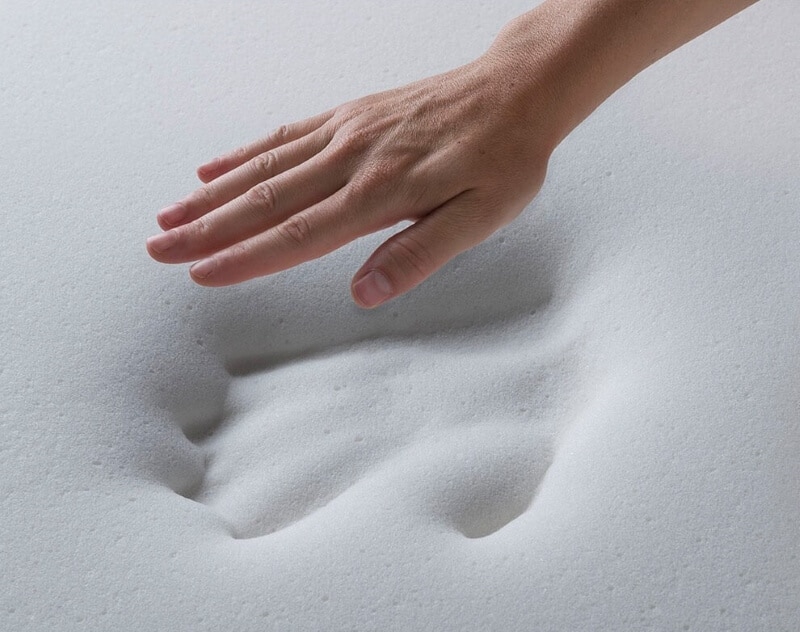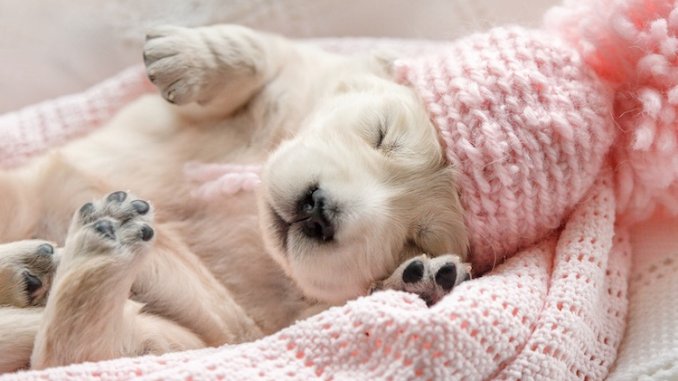

How to sleep after drinking coffee? Funny but true. Research has shown that millions of people have insomnia after drinking coffee Trusted Source What’s real and what’s myth when it comes to caffeine? - The Washington Post www.washingtonpost.com . This is because the majority of these people are doing certain things wrong as regards this beverage.
Many people do not understand the metabolism of coffee. It takes an average of 6 hours for half of the coffee intake to be metabolized. This means that after dinner or late at night, coffee is a bad idea.
This tiny act has caused huge disruption in the sleep patterns of such individuals. The active ingredient in coffee is caffeine, which is a stimulant that inhibits the production of sleep-inducing hormones in the brain. In simple words, as long as caffeine is not digested in your body, it takes longer to fall asleep.
However, there are helpful tips that you can follow to help induce sleep despite this but first and foremost is to note that you do not take coffee 6 hours to bedtime.
Coffee offers plenty of benefits to the body. It helps to reduce the risk of certain diseases, can help with losing weight, and of course, makes you more active and awake throughout your day. No wonder, then, that millions of people around the world choose to have a cup or two of coffee to kickstart their day. How does caffeine Trusted Source Caffeine: MedlinePlus Many people enjoy a cup of coffee or tea to give them a boost. But is it safe? Learn more about caffeine. medlineplus.gov , the major ingredient in coffee, affect you?
When you drink coffee and other caffeinated drinks and foods, the body quickly absorbs the caffeine. For people with normal metabolisms, the best effects of caffeine are felt about an hour or thirty minutes after consumption.
After drinking, the caffeine is spread across the whole body. And it reaches the brain. The brain has adenosine receptors. These receptors are what guide sleeping patterns. Therefore, caffeine works by blocking the receptors. Therefore, the brain no longer receives the signal to sleep. This is why coffee is so good at keeping you awake after you drink it.
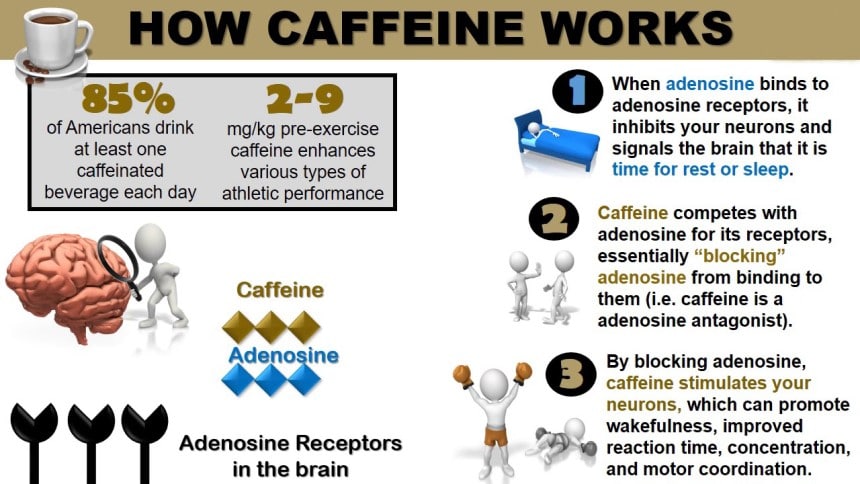
Also, caffeine contains essential nutrients like:
Despite its health benefits, taking too many cups is not ideal for your body. It is because it can disrupt your good night’s sleep. It takes an average of 5 to 6 hours to metabolize half of the caffeine consumed.
Dependence or addiction to drinking coffee poses a serious threat to the health of individuals. By just getting an hour and 30 minutes less of sleep can reduce productivity and alertness by 37 percent. This is dangerous as it poses a huge threat to the productivity of the individual.
Also, taking coffee too late can disrupt sleep patterns. So before you take that late-night coffee, try to weigh the consequences of your proposed actions.
Switch to the decaffeinated ones or try taking herbal tea. This way, you’re sure that you’re not causing any damage to your health.
Before you drink that after-dinner espresso or late-night cold brew, try plugging it into our coffee calculator to see how it will affect your night, and consider switching to decaf or herbal tea.
Exercising is a great way to fight insomnia, as regular exercise has been proven to improve sleep quality. All it requires is at least 30 minutes of an average exercise, and it would help you keep better. Exercises like running, swimming, and running help to burn a considerable amount of energy. Also, taking a walk utilizes energy too.
Often, we advise that exercises are done at least 1 to 2 hours before bedtime. This way, your body would have rested and would now be in the position to sleep.
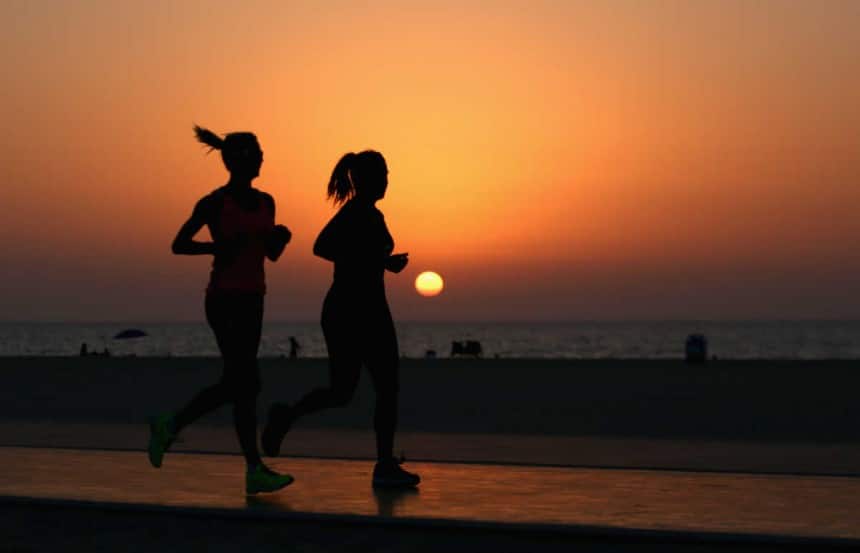 Hydration
HydrationCaffeine has diuretic properties. This means that it can drain you of water. If you drink a lot of coffee, you should drink a lot of water to accompany the coffee.
Dehydration plays a major role in sleeping as it disrupts the sleep plan of the body. It disrupts the sleeping plan by causing dry mouth, leg cramps, and snoring.
It might, however, interest you to note that your body naturally loses water, whether when sleeping or when awake, so the tip is to drink water. Drink as much water as possible, especially when taking coffee.
As pointed out above, your brain needs to be in a relaxed state if you want to sleep. Therefore, you should do all you can to calm your mind and thoughts.
Yoga can help with this. The meditation involved in practicing yoga slows down your body system and relaxes the brain.
With deep meditation in a comfortable position, you can help the body to bypass the blockage caused by caffeine, thus getting you to sleep quicker.
It might seem counterintuitive, but taking a light or brief walk after drinking caffeine can help you get sleep quicker.
Light walking gets you tired, and the body will be forced to rest. Additionally, a light walk around the block can be a form of relaxation and a time for reflection, which can help to calm you. By partaking in this light form of exercise, you will burn off some of the extra energy that you get from caffeine.
We understand how appealing and irresistible late-night snacks are to the eyes and to the stomach, but it is not as appealing if it plays a major role in disrupting your sleep patterns. It is advisable that you stop eating between 2 to 3 hours before going to bed.
Melatonin are supplements taken to induce sleep. Melatonin is a natural body hormone that helps to maintain the circadian rhythm of the body in that the body is able to detect when to sleep and when to wake. People with the jet lag sleeping disorder are often the ones that take these supplements to help balance their sleep to waking duration.
Jet lag is a temporary sleep disorder that occurs when the body’s internal clock (the circadian rhythm) is out of sync with cues from a new time zone. People suffering from this disorder take melatonin to bring the body’s internal clock back in sync.
Having a sleep schedule is human; sticking to it is divine. A lot of individuals have difficulties with keeping with sleep schedules, especially workaholics. It is very good to want to complete all tasks before going to bed, just as it is very tempting to want to sleep on weekends or days off, but changing your sleep schedule can confuse the body’s circadian rhythm, thereby affecting your sleep patterns.
A cool bedroom with an appropriate temperature for sleeping is ideal for anyone dealing with insomnia. There is more to it than just that cozy bedroom feeling because low temperatures are linked with sleepiness, while warm temperatures are linked to alertness.
As bedtime draws near, your body temperature decreases, and when you sleep, it drops a few degrees more. Putting this into consideration is an effective and natural way to fight insomnia.
Just as how low temperature induces sleep, light levels also help your body decide whether it is time to sleep or not. Low light levels tell your body that it is bedtime. Instead of turning on a bright light, try a lower bedside lamp.
Also, it is expedient that you should avoid blue light, which has a track record body reducing the production of sleep-inducing melatonin in your body.
While caffeine blocks the sleep receptors in the brain, the constant notifications that you get from your mobile phone or other electronics can be a distraction too. When these continue to buzz and distract, they prevent the brain from relaxing. And if your brain doesn’t fall into a relaxed state, you will find it nearly impossible to sleep – whether you drink coffee or not.
Apart from the notifications from your devices, the blue light emitted from your phone, TV, and computer screens can make it harder to sleep. This blue light affects the production of the hormone that regulates your sleep-wake cycle.
Blue light can also affect your circadian rhythm. With a sleep mask, you can eliminate any light from disrupting your sleep. Reviews have indicated that the Jersey Slumber sleep mask is one of the best sleep masks you can buy. Since you are already battling with caffeine, shutting down all your electronics will make it easier for you to win the battle.
Engaging the brain is a way to relax the mind and reduce stress. Reading a book is one way to achieve this. According to studies, reading a book for six minutes nightly can reduce your stress by more than half. Therefore, it doesn’t hurt to try reading before you get some sleep, especially after drinking coffee.
When you read, your eyes move across the page, which can tire them out, forcing you to close them and sleep faster. Read a book as you lie on the best jersey sheets, and you’ll be asleep in no time.
The sole function of the bedroom is for relaxation and sleeping. Try to establish in your mind the fact that your bedroom is a place to rewind and recharge. You may be tempted to finish up a task, project, or assignment from the comfort of your bed, but doing your work anywhere else apart from the bedroom helps to leave stress outside the bedroom.
Before your bedtime, you can do things that relax the mind. Reading a book helps to trigger sleep quickly because of the to and fro movement of the eyes on the pages of the book. Listening to music with good headphones also helps you to relax and fall asleep without stressing so much. The Voerou Wireless Headphones for Sleeping will allow you to enjoy your night by relaxing your mind while making way for sleep to take place.
In addition, taking your bath an hour before bedtime helps to calm your nerves and sets you in that sleepy mood. It is advised that you used essential oils like lavender, which have strong sleep-inducing effects. Our experts recommend the Dream Blend from Maple Holistics.
Also, some people use white noise machines to relax faster.
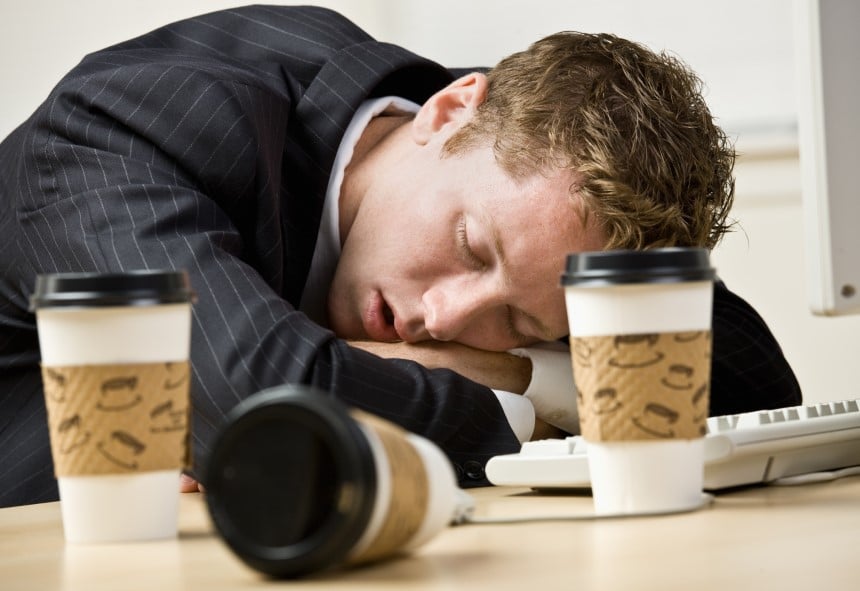
The function of caffeine in coffee sounds good and healthy. However, there are grave consequences for its misuse. The intake of coffee on an empty stomach, taking coffee when ill, on medication, or taking coffee later than usual during the day is harmful. This can cause:
Hence, the intake of coffee should be monitored and paid attention to so as to avoid risks of running into these problems.
Taking coffee is good. Who can resist that distinctive aroma of a cup of coffee? It has a lot of health benefits ranging from an increase in the levels of productivity to the prevention of diseases such as Alzheimer’s disease. It is said that taking between 2 to 3 cups of coffee is within the normal range that is ideal for your body. However, anything exceeding that amount is considered a red flag.
However, if you find yourself battling with insomnia at the end of the day, then you need to check your amount of coffee intake as well as the time of coffee intake. Paying attention to these can go a long way in helping how to sleep after drinking coffee.
